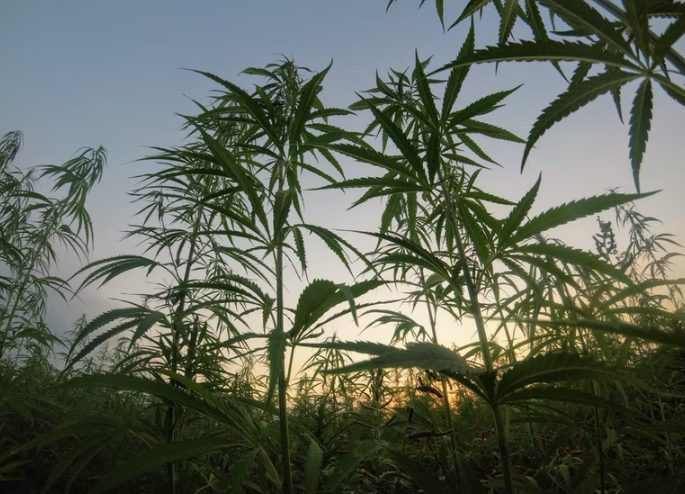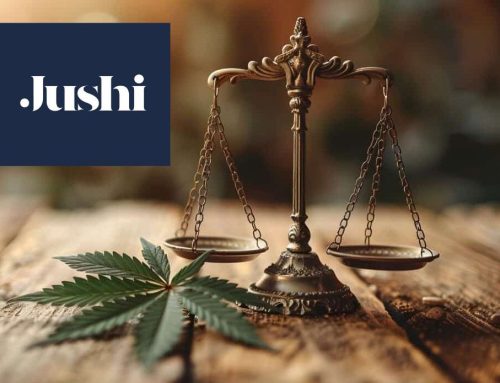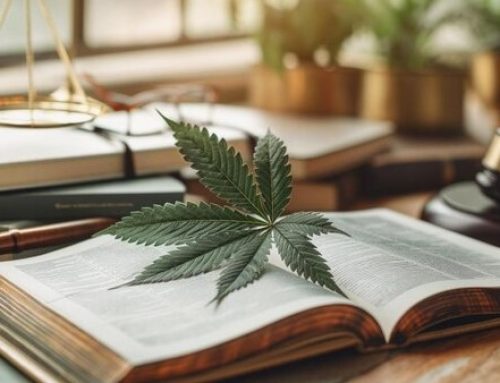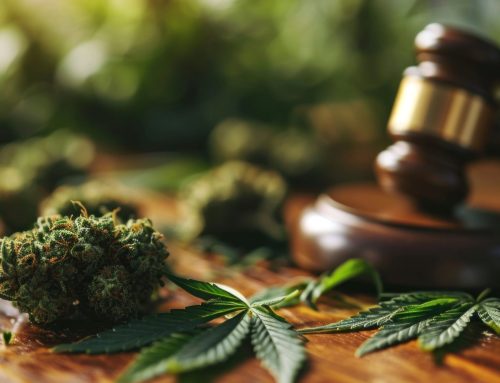Proposed Amendment Aims to Toughen Penalties for Kansas Hemp Farmers with High THC Levels
LOS ANGELES- In a recent development within Kansas legislative circles, a contentious amendment has been introduced that seeks to impose stricter penalties on hemp farmers whose crops test above a 1% THC threshold. This amendment, supported by law enforcement agencies and the lobbyist group Stand Up for Kansas, was initially presented during discussions on a bill aimed at reducing fees for industrial hemp producers.
The proposed change has sparked a debate about the potential impact on hemp farmers and the broader implications for the state’s agriculture and legal systems. The Kansas Bureau of Investigation and the Kansas County and District Attorneys Association are advocating for this amendment, citing the difficulty law enforcement faces in distinguishing between legal hemp and illegal cannabis, which can appear and smell similar.
Under current Kansas law, hemp products are legally required to contain less than 0.3% THC. The amendment suggested by Katie Whisman, executive director of Stand Up for Kansas, introduces a third level of penalties, potentially escalating legal consequences for repeat offenders or those with significant quantities of higher THC hemp to sentences as long as 154 months.
This legislative move comes amidst broader discussions on cannabis policies across the United States, where 16 states have implemented medical cannabis programs and 24 states have legalized its recreational use. However, Kansas has not yet legalized cannabis in any form.
The amendment has drawn criticism for potentially complicating the passage of the primary bill, which also includes measures like prohibiting drones from flying low over livestock facilities. Critics, including Aaron Popelka of the Kansas Livestock Association, argue that the unvetted amendment could jeopardize the entire legislative package by introducing controversial elements that have not been thoroughly examined.
This ongoing legislative saga highlights the complex interactions between agricultural practices, law enforcement challenges, and legislative processes in managing hemp cultivation and its legal implications in Kansas. The debate underscores the state’s cautious stance on cannabis and its derivatives, reflecting broader national trends and challenges.


































